It's been about four months since we started our weekly spotlight on Rocky Mountain region startups. And as any entrepreneur knows, startups move at the speed of technology.
We checked in with Sitter.me, Alt Ethos + DATA, JStar, Tokken, CanPay, ParkiFi and more to find out what our tenacious entrepreneurs have been up to since we last spoke.
As it turns out, a lot can happen in four months.
Sitter.me
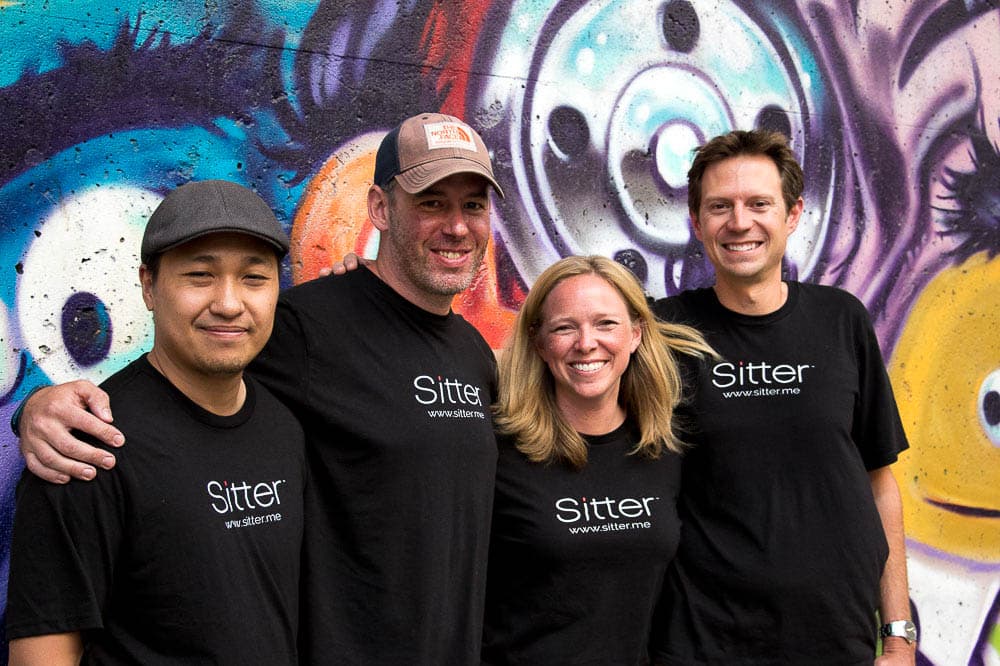
Sitter.me is an app that helps parents and caretakers of any kind build a vetted network of local, hired help.
Since September, Sitter.me has been thriving, according to CEO and co-founder Kristen Stiles. Sitter.me won first place in the Rockies Venture Club Capital Conference Pitch competition and is currently fundraising to accelerate growth.
Sitter.me has plans to double their workforce in 2017 and expand the reach of the app that, in September, already had tens of thousands of users across all 50 states.
Alt Ethos + DATA
Alt Ethos is a design house geared toward more naturally integrating technology into society. The company works with businesses to craft interactive art installations that rapidly engage customers and connect those business with a memory and a feeling.
Denver Arts + Technology Advancement (DATA) is the nonprofit arm of the business, designed to make cutting edge technology training more accessible to all.
Since September, the team behind Alt Ethos and DATA has been busy.
In October, Matt Maes participated in MIT Media Lab's "Reality, Virtually, Hackathon!" to expand the team's knowledge of Virtual Reality. That same weekend, Alt Ethos created stage design for a real-time visual and audio performance, and debuted an animated piece, "Synthesis," for the MORPHOS artist in residence showcase.
MORPHOS is a 3-year-old project of Alt Ethos CEO and co-founder Ethan Bach that brings international dome artists to Denver for a one-month residency. In 2017, MORPHOS will be moving from fall to spring.
In 2017, Alt Ethos is looking forward to a second round of funding to support new office space and equipment. The company has solidified a partnership with the Commons on Champa to re-envision their LED hallway and projection wall and is negotiating additional projects in New York and Denver.
DATA is in the process of receiving 501(c)(3) nonprofit designation.
JStar
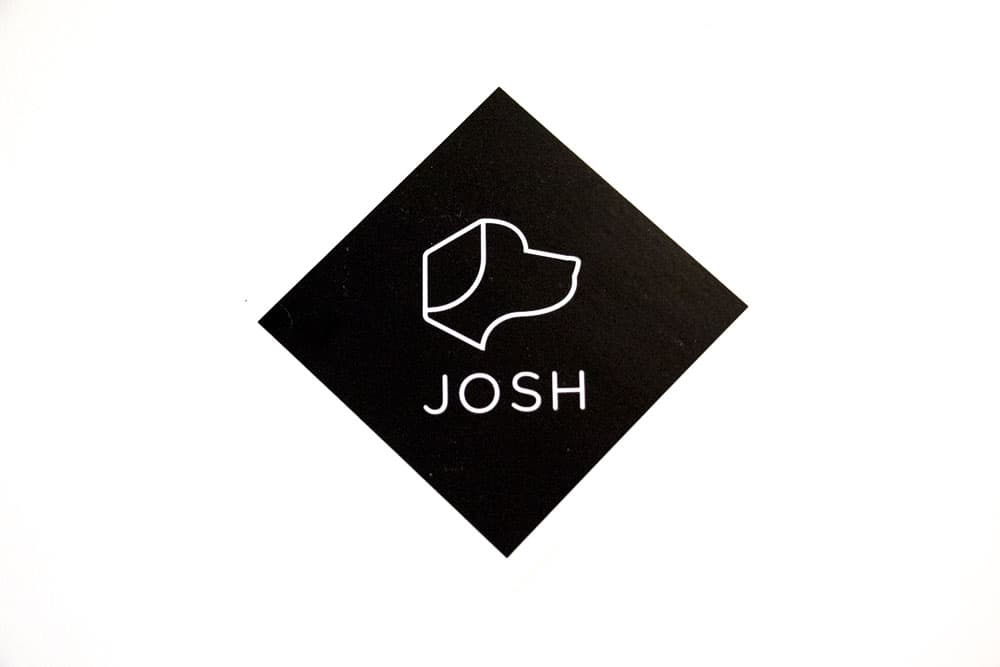
JStar offers voice-controlled smart-home integration on a unified platform, powered by artificial intelligence. Home automation may be a hot market today, but JStar plans to differentiate itself from other popular systems through the power of Josh, AI that learns from its users.
At the end of October, JStar officially launched and has since been shipping Josh nationwide. They've hired four additional employees, built an integration with Google Home and have a few "top secret products" in development, according to CEO Alex Capecelatro.
The team is also preparing to speak at Consumer Technology Association's international Consumer Electrics Show on Jan. 5-8 in Las Vegas.
Tokken
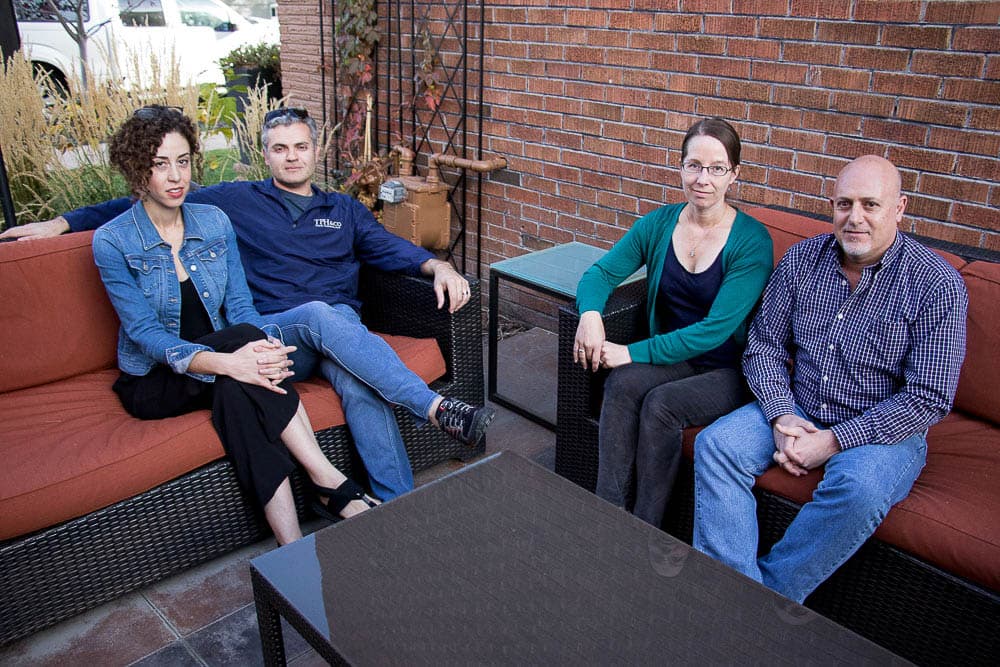
Tokken is a mobile banking app designed to legitimize the way we pay for weed. Using a custom-built internal banking system based on “tokens,” instead of cash, the company hopes to grow the technology to support high-risk business and those economically disenfranchised beyond even the cannabis industry.
Since October, the pilot program that launched at Ajoya dispensary has been moving forward, and Tokken now tallies more than 1,000 customers. In the first part of 2017, CEO and founder Lamine Zarrad said the company has about 40 more dispensaries in the pipeline in Denver, the Pacific Northwest and Puerto Rico.
In 2017, Tokken will begin to explore uses beyond the cannabis industry. They are currently working on a couple of integrations for a point of sale system and an online preordering platform. For point of sale, so long as customers have a Tokken account, they will be able to use a card or their digital wallet. Zarrad compared the online preordering platform to "paying with PayPal when checking out on eBay."
The company hopes these new integrations will serve not only the cannabis industry, but also other high-risk businesses, like mom-and-pop shops that carry a lot of cash.
Tokken has also decided to open up its API to allow developers and anyone in the tech space to integrate the payment processors into their app -- like Stripe, but for high-risk industries.
Seifer

Seifer was a direct-to-consumer men's activewear brand made from stink-free, eucalyptus-based Tencel and sized on a nine-size model.
Back in November, Seifer was in the midst of a fixed Indiegogo campaign that fell short of its $14,100 goal by about $7,600. Since then, founder Ben Siverly has decided to close up shop.
"Despite some really good response, the market just doesn't seem to fit the product right now," he wrote in an email.
CanPay
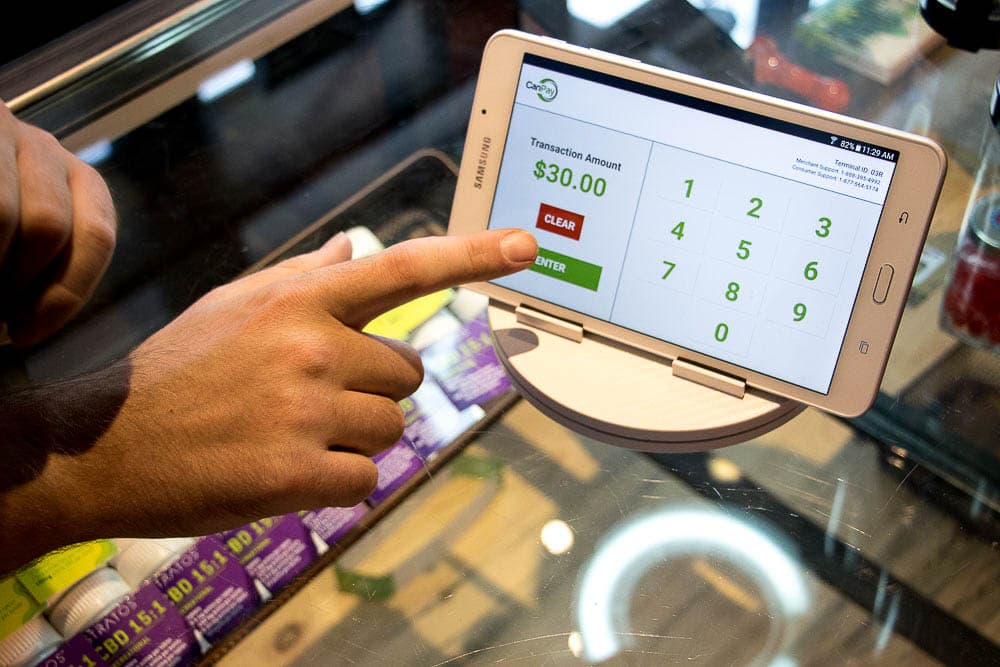
CanPay is a debit payment system that allows users to patronize dispensaries without the hassle of cash. After downloading the free app, users can link their checking accounts, as with a digital wallet, and transfer funds straight from their accounts to the dispensary to pay for purchases.
Since November, CanPay has grown its app user base by 275 percent and doubled the number of stores where CanPay is accepted.
CEO Dustin Eide applauded the seven states that legalized some form of marijuana in November's election.
"We’re excited about the direction of the industry and look forward to working with our new financial institution partners in these states to bring CanPay to even more cannabis consumers and retailers,” Eide said.
ParkiFi
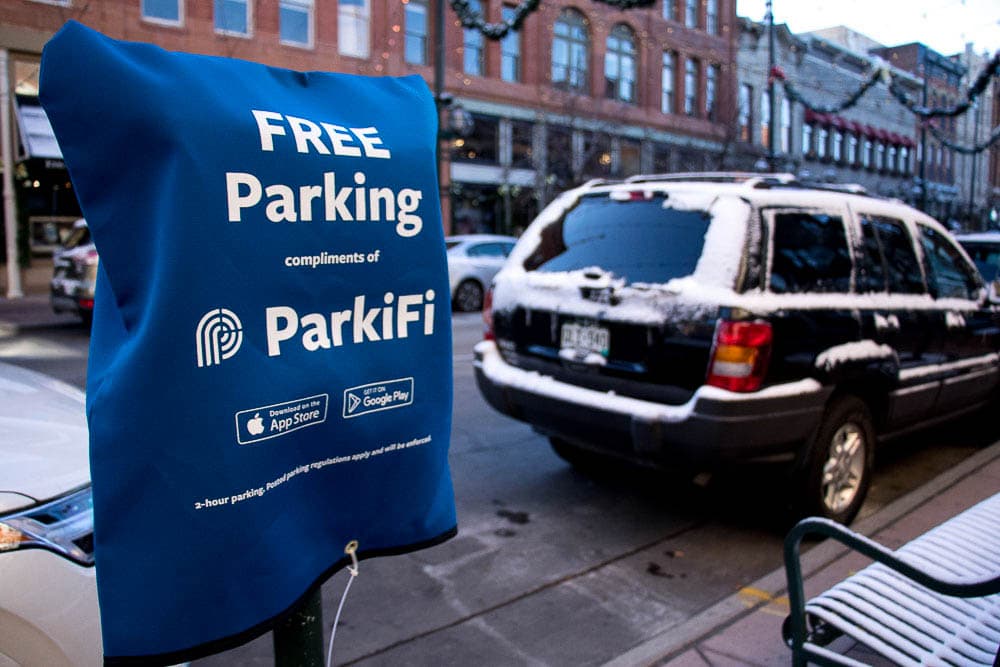
Brought to you by former SendGrid employees Ryan Sullivan and Rishi Malik, ParkiFi is an app that helps drivers to locate parking in private lots and garages all throughout Denver. Low-cost magnetometer-powered sensors, installed in each parking spot, communicate geolocated occupancy information to the app, which then enables drivers to find parking in proximity to their destination.
Since the November launch, more than 4,000 Denver users have downloaded the free app, including 1,000 within the first week. And today, more than 1,000 additional sensors have been installed.
In the first few months of 2017, ParkiFi has plans to roll out a seamless payment option through a partnership with Parkmobile and looks to expand from private lots and garages to street parking with Denver Public Works.
EMS Relay

EMSRelay launched an app to help EMS workers cut down on the time it takes to register incoming patients.
Using a Snapchat-like interface, paramedics can cut about five minutes off of ER check-in time by sending photos of the patient, vitals and images of a patient’s photo ID to hospital staff in advance of arrival.
Since early December, EMSRelay has teamed up with a couple more EMS agencies across Colorado. They look forward to solidifying partnerships with hospitals come January.
Is your startup conspicuously missing from this list?
Apply below to be considered for our Startup of the Week feature. Or nominate your friends for a chance to give them the gift of a free week at Galvanize.
Unlisted startups either did not respond to request for comment or were featured quite recently.
Multimedia business & healthcare reporter Chloe Aiello can be reached via email at [email protected] or twitter.com/chlobo_ilo.
Subscribe to Denverite’s newsletter here.













